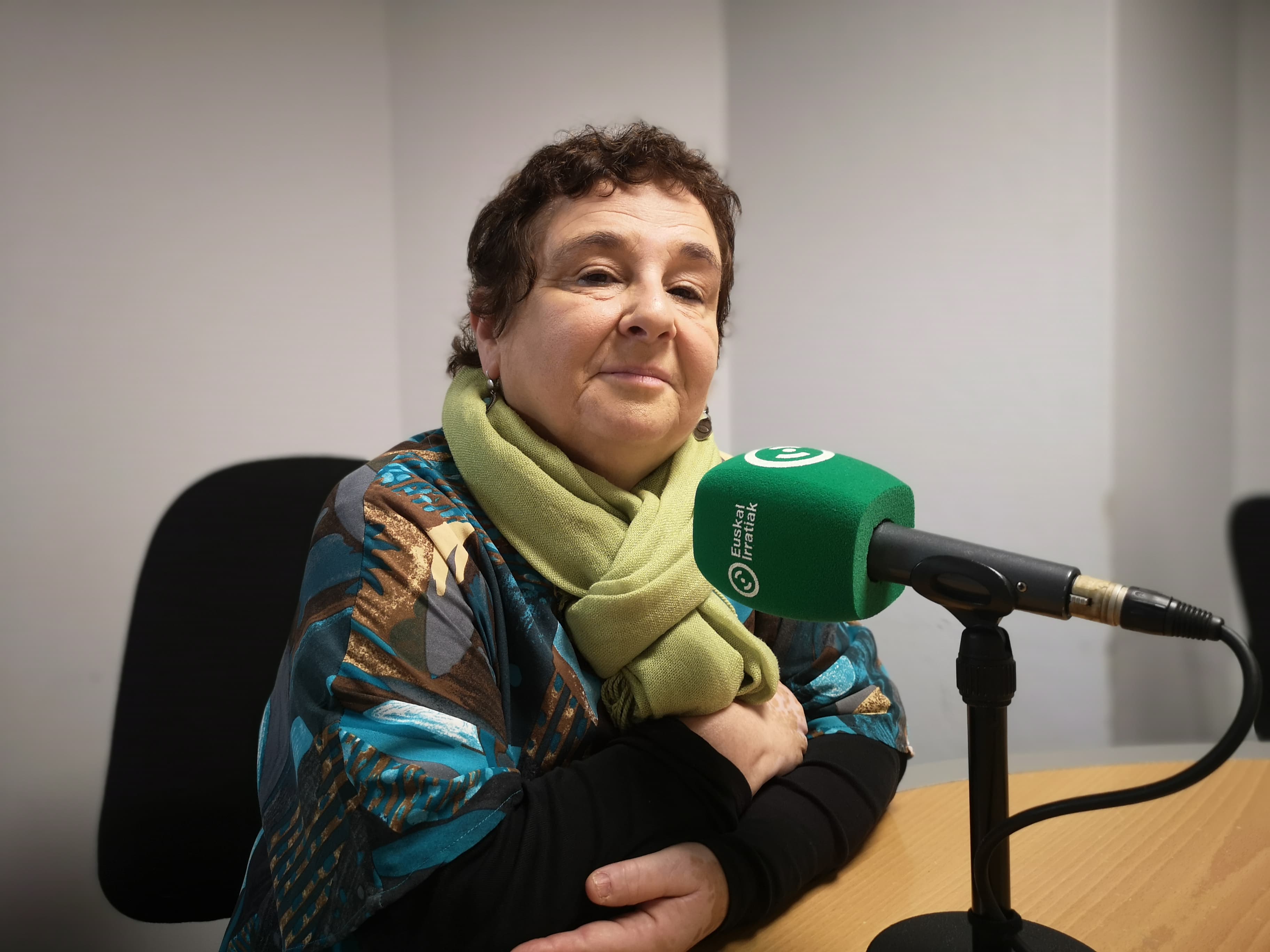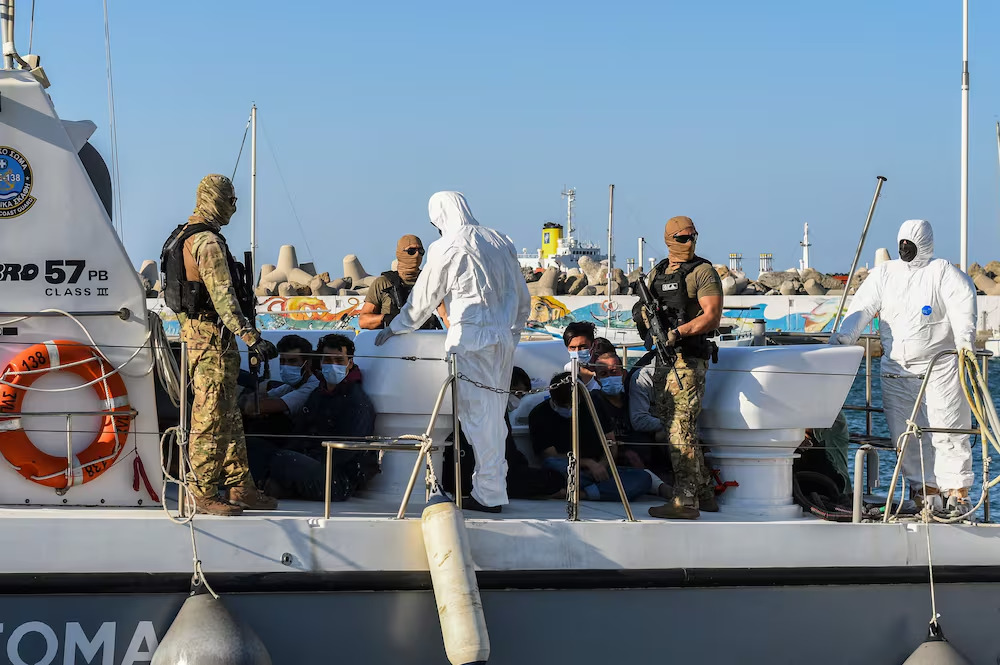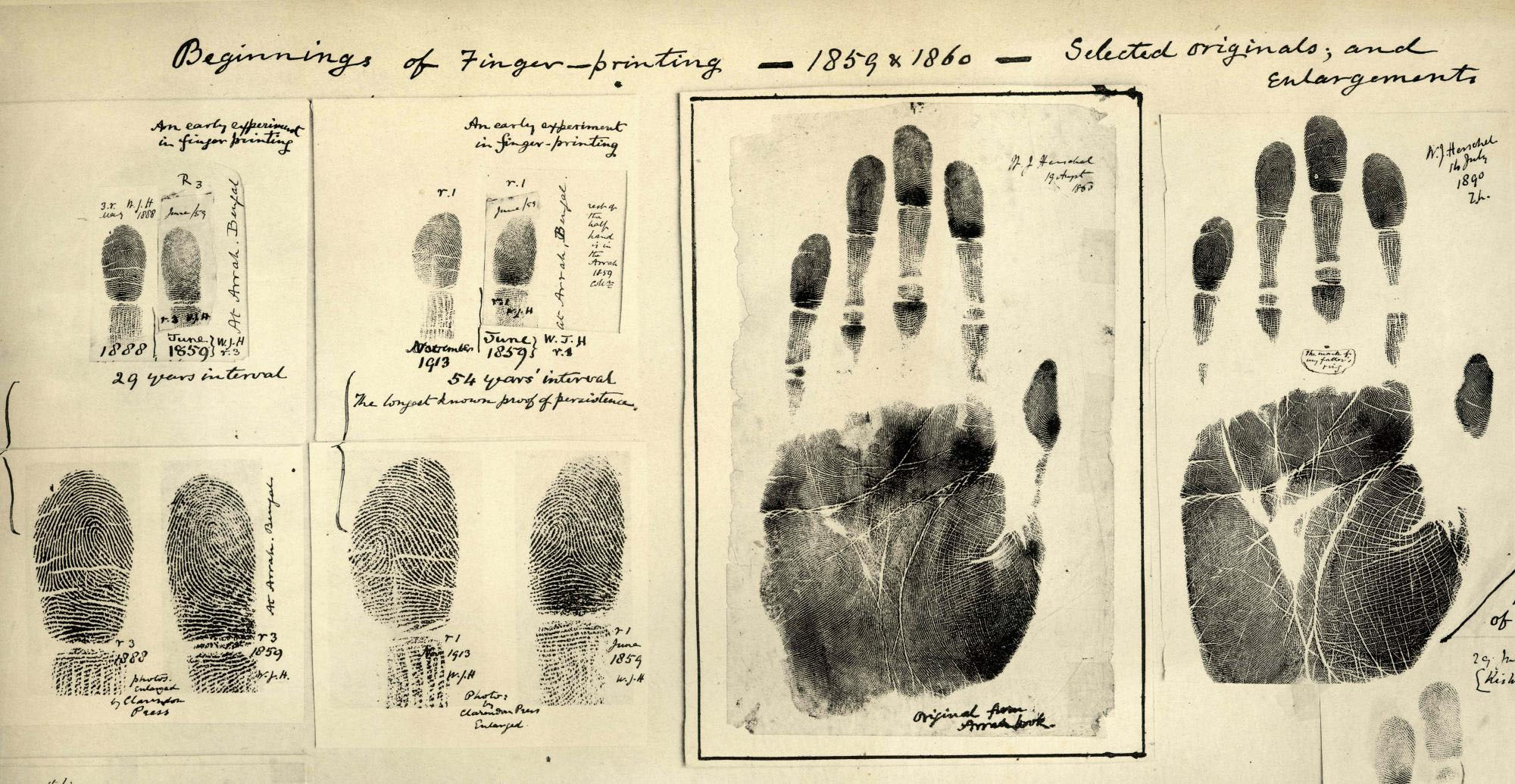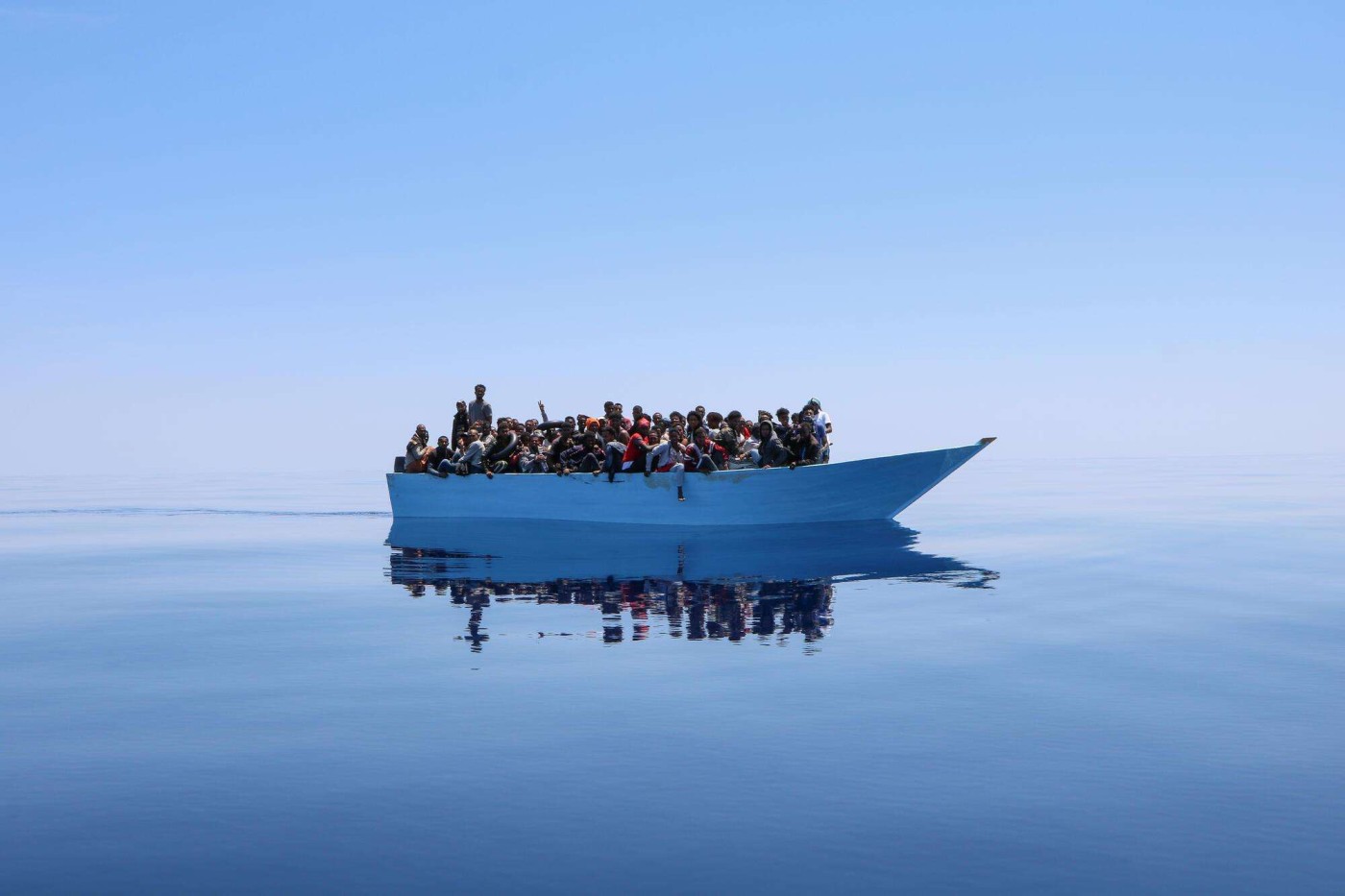When fixing the powder
- Transit of people is continuous when the streets and shops of the Mafraq centre in Jordan have just reached 11:00 hours. The bustle and bustle of traffic and slow gait forces us to take things calmly and a strong breath. In this city, 15 kilometres from the Zaatari refugee camp, we have been quoted as four refugees who have fled Syria.
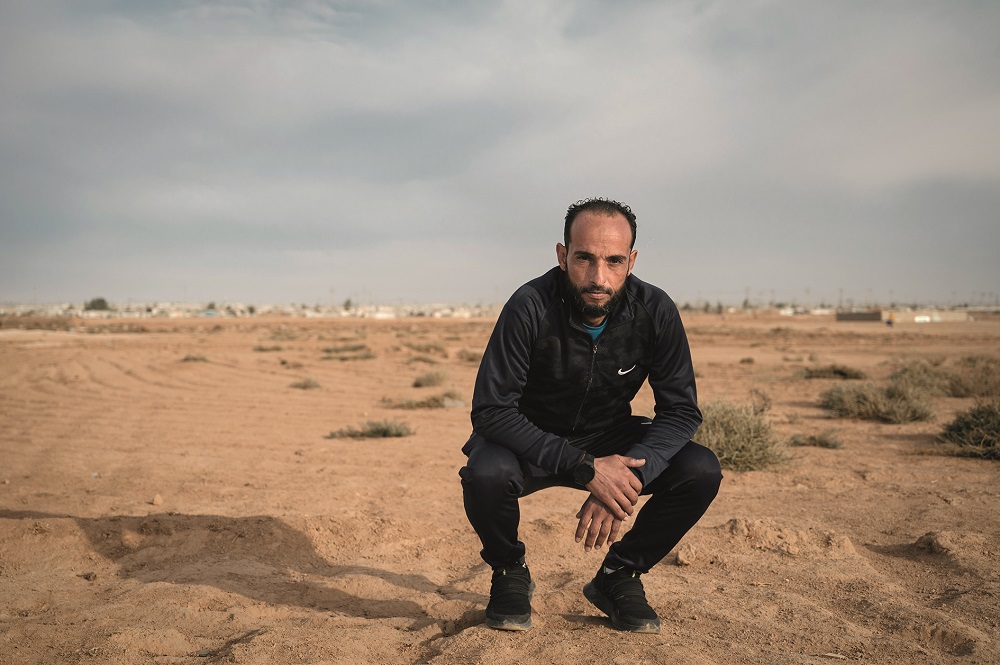
The campsite in Zaatari, north of Jordan, next to the village of the same name and in the desert conditioned by the strong environment. This space, which brings together thousands of people escaped from the Syrian war, marks its tenth anniversary in July. In March 2013, following the military campaign of the Baxar al-Assad government in southern Syria, 156,000 people were gathered in the camp. At present, according to estimates by the UNHCR – Office of the United Nations High Commissioner for Refugees, some 80,000 people survive in it and, in the absence of a broader solution, there does not appear to be an immediate change. What is more, there are only indications that the situation is going to be perpetuated.
The vulnerability they live makes finding people willing to be interviewed is not an easy task. Despite their recognition of refugee status, many fear that, once identified, the Syrian Government could jeopardize themselves or the family left in their place of origin.

Ahmad, 37, arrived at the camp in 2013. Although he only arrived at the first moment, in two months his wife and eldest son joined him. Since then they have extended their family and brought three more daughters into the world. Although Amman tried to find a better life in the capital for a year, after a year he decided to return to the camp. The lack of legal documentation in the country only allows access to the worst working conditions in the best cases. In the worst, if the security forces detect it, it could lead to Village 5 area of Camp Azraq in Jordan. The latter is known, among other things, because it brings together some 10,000 people who have joined Daesh or the Islamic State, as a UNHCR spokesman said, “for security and national security reasons”, among other security measures such as prisons.
Ali, 31 years old, is a name invented because he wants to preserve anonymity, he also came to Zaatar in 2013, illegally crossing the border with mothers and brothers, because like many others had been in his hometown against the regime, they could not renew their passport. With the outbreak of the revolution in Syria, he abandoned his business studies and began working as a journalist through a pronoun. Like Ahde, in order to leave the camp, permission from the direction of the camp is necessary. Obtaining authorization is not a formality of any kind, as they often have to wait several hours. He is considered a political refugee and, for his work, states that he has been investigated on numerous occasions by the secret services of Jordan, as well as by the Syrians.
Outside the camp, although they are legally allowed to reside on the floor we have mentioned in the city of Mafraq, which since 2018 the Jordanian Government recognizes those who request it in exchange for losing health coverage, the family situation of Majide and Dilal, 29 and 35 years respectively, is not much better. In the modest housing shared with two children, the 53 Jordanian dinars that receive monthly between them, about 75 euros, are not enough to pay the 110 dinars of rent. And that's before we start to consider electricity, water, food, children's needs and the rest.

Although they have been married to each other since 2016, the United Nations has not recognized their family structure, so Majide continues to appear as a registered member of the Azraq camp. This recognition would not only slightly increase subsidies, but bureaucratically make things much easier. An imaginary work permit that you are obliged to renew every month allows you to live with your family in the same house. The renewal of the authorization entails a trip of three hours to the camp and, in some cases, wait a couple of days in the store of a acquaintance, as it no longer has its own space, before starting the return route of another three hours. Failure to update the authorisation would result in a new family arrest and separation.
While economic situations are different among refugees, the situation is clear. This has only intensified since, over the years, small NGOs have disappeared and only those closest to governments have remained. In the case of Dilal, for example, because she is outside the camp, she receives no help either from her or her family outside the basic monthly allowance. For the moment, the only hope is to find daily punctual works that do not appear every day. When the harvest is in the form of harvesting, if it is for luck, you can get seven dinars, about ten euros, collecting the nice or tomato, in exchange for twelve hours of work.

In the case of Ali, he decides to keep his job as a journalist in Syria when he gives him the opportunity. In 2013 he served as a freelance for media groups such as BBC, France24 or Al Jazeeera during the flooding in the camp. He has since worked for several NGOs: IRC – International Rescue Comitee – Save The Children and UNICEF. You can get up to $300 a month for your work as a journalist, but sometimes camp managers deny you the money. On significant days of the calendar, it has reached up to $50 for twelve hours of work, provided they have wanted to pay. The football that Ahde ignited in his hometown continues to maintain its vocation after crossing the border. The children’s team trains for half a day, in return receives a monthly “help” of about 100 diners, about 145 €.
All these situations arise in the context of a camp that has undergone several changes over the years. In 2013, in view of the long war, tentative canopy shops began to be replaced by white caravans. Over 25,000 have been implemented in the last decade according to UNHCR data. This has provided a slight relief of conditions, especially in view of the unbearable summer temperature or cold winter wind. Since November 2016, the largest central solar panel installed in a refugee camp has also been launched. It allows an electric power flow of 12 to 14 hours. Thus, various businesses and shops have flourished on the main avenues of the camp, gradually bringing the provisional settlement towards the final.
As for the future, things do not seem much better for individuals. Dilal and Majid already have the eviction order on the table, unable to meet the expenses of the last three months. And it's not the worst thing, seeing that Majid has overcome her seven-month pregnancy. Although it is illegal, she sees no choice but to give birth to the baby, taking into account hospital costs.
Ahmed and Ali are also desperate. Although their children can study in the host country, they know that, because of their origin, they have no chance of entering the labour market. In view of the current situation in Syria, the return is not among the possibilities either. Ali, asked about the future, doesn’t have to think twice to summarize the perspectives: “The camp has a future, people don’t.”
"Segurtasun gehiago, inmigrazio gutxiago". Bruno Retailleau barne ministro frantsesa argi mintzatu da, kargua hartu berritan. Etorkinen gaineko kontrola azkartu nahi du Michel Barnier lehen ministro eskuindar-kontserbadorearen gobernuak, eta jada Retailleauk aitzinatu... [+]
Europar Batasunean berriki onartu den Migrazio Itunak, asko zaildu dizkie gauzak euren herrialdetik ihesi doazen eta asiloa eskatzen duten pertsonei. Eskuin muturraren tesiak ogi tartean irentsita, migratzaileentzako kontrol neurri zorrotzagoak onartu dituzte Estrasburgon,... [+]
Migratzaileen kopurua anitz emendatu da Irun eta Hendaia arteko pasabidean. Irungo Harrera Sareak ohartarazi duenez, otsailean 600 pertsona lagundu dituzte, iaz, urte osoan 2.700 izan zirelarik. Iragan urtarrilean, 2.700 etorkin heldu dira Kanariar Uharteetara, egunero 80... [+]













